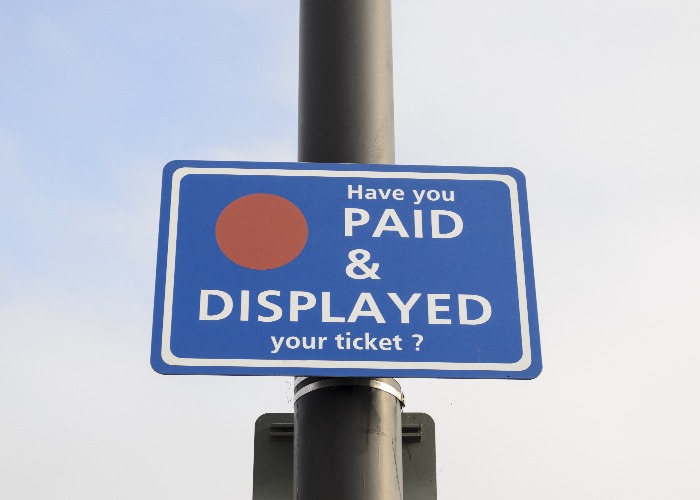Hospital parking tops the list of most hated parking charges

Almost two-thirds of us loathe this unfair charge.
Hospital car park fees have been voted the most hated parking charge, according to a survey from the RAC.
A whopping 64% of respondents said they didn’t like stumping up fees for hospital car parking. Charges at some supermarkets, shopping centres and other private car parks took second place with 12% of the votes cast. On-street town centre parking charges only attracted 8% of votes, followed by residential parking permits (7%) and railway station parking fees (4%).
Scrapping charges
RAC surveyed 1,217 motorists and found that a massive 48% want hospital fees in England scrapped, moving it in line with Wales and most of Scotland where charges have already been done away with.
Wales introduced free hospital parking on 1st April 2008 and Scotland scrapped parking fees at 14 hospitals at the end of 2008. Only three Scottish hospitals built under the Personal Finance Initiative (PFI) charge parking fees.
Simon Williams, RAC spokesman, said: “While we would like to see parking charges at hospitals in England scrapped that might be an unrealistic hope, particularly as many hospitals appear to be using the additional income to support patient care. Surely charges should only be made to cover the maintenance and operation costs of car parks and not as a way to generate extra revenue.”
To scrap the fees, hospitals would need to ensure that parking spaces are used by patients and visitors only, with no commuters and shoppers taking up valuable spaces.
Just over a quarter (27%) of the motorists surveyed said they didn’t mind paying a parking charge at hospital, but agreed that charges are too high and should be capped. Just over a fifth (21%) said that while they don’t like paying fees, they believe that they’re necessary.
Limited payment methods are provided at car parks, which can cause further issues. There is huge support (63%) for payment always being made when exiting car parks, rather than on entry, to eliminate the need for a person to return to their cars to top-up if they stay for longer than they anticipated.
Just over half (55%) think that hospital parking machines should always give change and 53% think that hospital parking machines should be able to accept credit or debit cards.
Shocking car parking costs
A Freedom of Information Request made by the Press Association in 2015 found that some hospital trusts in England made over £3 million in car parking charges between 2014 and 2015.
Check out the top seven:
- University Hospital Southampton: £3,870,000
- Oxford University Hospitals: £3,720,000
- Heart of England: £3,410,000
- East Kent Hospitals: £3,250,000
- Sheffield Teaching Hospitals: £3,160,000
- University Hospitals of Leicester: £3,120,000
- University Hospitals of North Midlands: £3,070,000
The Department of Health has already issued guidelines advising hospitals to offer concessions including free or reduced charges, or caps to people with disabilities and illnesses like cancer.
Get the right car insurance for you with loveMONEY
What you should read now:
What a Brexit would REALLY mean for your money
Marvellous Mother's Day restauarant deals
Which classic children's character is getting their own 50p piece?
8 extraordinary things the government could do to destroy the deficit
Comments
Be the first to comment
Do you want to comment on this article? You need to be signed in for this feature